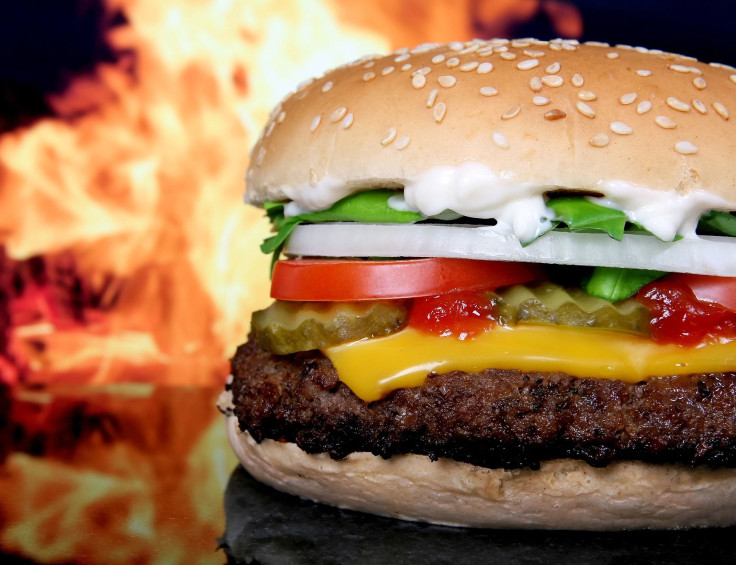Plant-Based Proteins Are Just As Good As Meat For Building Muscle, Says Study

Meat-less meals are no longer restricted to vegetarian and vegan crowds; they've found their way onto mainstream menus, and even spurred the Meatfree Mondays movement. Switching to a vegetarian or vegan diet has become trendy, with the move bolstered by studies that indicate a plant-based lifestyle may lower cancer and heart disease risk.
Read: High-Protein Foods Are All The Rage In America, But How Much Is Too Much?
But many believe opting for a salad over steak can result in nutritional deficits, particularly in protein, despite the abundance of powders and supplements. A new study, however, indicates that your muscles will benefit from consuming protein, regardless of the source.
Reviewing data from nearly 3,000 healthy men and women between 19 and 72 years old, researchers looked at the subjects’ diets while analyzing muscle mass, strength and bone density. Predictably, they found diets higher in protein were associated with better muscle health.
“We know that dietary protein can improve muscle mass and strength,” says Dr. Kelsey M. Mangano, lead author of the study, in a statement. “ However, until now, we did not know if one protein food source was better than another in accomplishing optimal results.”
She explains this finding is significant because it shows an increase in muscle strength and mass regardless of the protein source, unlike previous studies. Diets were determined by a questionnaire completed by participants from 2002 to 2005.
While spinach and berries aren’t the typical foods associated with body builders, vegan diets have been gaining traction for many athletes, including weightlifting competitors. Kendrick Farris, an American Olympic weightlifter, has been vocal about his vegan diet, which Men’s Fitness reports he adopted in 2014. Farris told the magazine he enjoys a wide variety of foods, contrary to the popular opinion that he lives off salad alone.
Read: Get Stuffed: Scientists Uncover Why High Proteins Foods, Like Meat And Dairy, Make You Feel Fuller
According to the Academy of Nutrition and Dietics, well-planned vegetarian meals are nutritionally adequate and may result in lower rates of obesity, blood pressure and heart disease.
See Also:
We Need Proper Protein Intake To Build Muscle, But How Much Should You Really Eat After A Workout?
How To Eat Healthy: Fit In The Recommended Carbs, Proteins, And Fats
Published by Medicaldaily.com



























